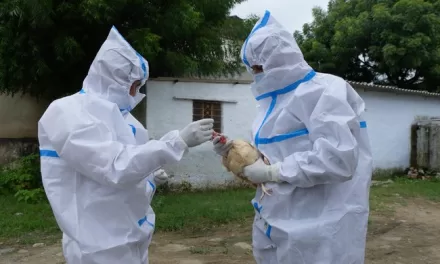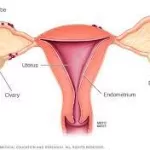New Delhi, February 8, 2025 – In a landmark move, the Ministry of Women and Child Development has extended childcare services through the Anganwadi cum Crèche (AWCC) initiative. This program aims to provide full-day childcare support to children, ensuring their well-being in a safe and secure environment.
Anganwadi centres, recognized as the world’s largest childcare institutions, have long been dedicated to providing essential care and support to children. With the introduction of the AWCC initiative, the government seeks to enhance these services, addressing the increasing need for quality daycare services for working women across socioeconomic groups in both organized and unorganized sectors.
Addressing the Needs of Working Mothers
The rise in nuclear families, urbanization, and industrialization has led to increased migration to cities, making joint family support less accessible for working mothers. Traditionally, childcare responsibilities were managed within extended families, but the changing social fabric has heightened the need for formal daycare services. The lack of such facilities often discourages women from joining or continuing in the workforce.
To bridge this gap, the Palna Scheme has been introduced, providing crèche facilities for children aged six months to six years. These facilities offer nutritional support, health and cognitive development, growth monitoring, and immunization. By formalizing childcare responsibilities, the initiative aligns with the “Decent Work Campaign” under Sustainable Development Goal 8, promoting economic growth and enabling more women to engage in gainful employment.
Implementation and Funding
Palna is a centrally sponsored scheme that ensures active participation from State and Union Territory (UT) governments for effective implementation and monitoring. The scheme is structured with a funding ratio of 60:40 between the Centre and State Governments/UTs with legislatures, while for North Eastern and Special Category States, the ratio is 90:10. Union Territories without legislatures receive 100% funding from the central government.
Proposals for the establishment and operation of AWCCs are submitted by respective State Governments and UT Administrations. As of now, 11,395 AWCCs have been approved based on received proposals.
Government’s Commitment to Childcare and Women’s Employment
Speaking in the Lok Sabha, Minister of State for Women and Child Development, Smt. Savitri Thakur, highlighted the government’s commitment to ensuring quality childcare services that facilitate higher workforce participation among women. By reducing the burden of unpaid childcare responsibilities, the initiative empowers women to pursue employment opportunities, thereby strengthening the economy.
Disclaimer:
This article is based on official government statements and public records. The information presented is intended for general informational purposes and should not be construed as policy advocacy. Readers are encouraged to refer to official government sources for further details and updates.











